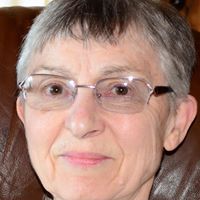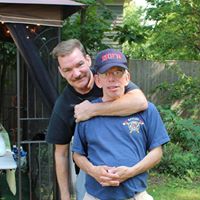Who was Aletta Jacobs?
Aletta Jacobs was born in 1854 in the Netherlands. Her father, a local doctor was a huge inspiration for her. Her assimilated Jewish family maintained social and intellectual ties with the Jewish community.
With childhood aspirations of becoming a doctor, she was constrained and disheartened by the schooling then available for women. Two community members guided her to start training for pharmacy as an interim goal, until she was eventually accepted into medical school.
She graduated from her studies in 1879 as the first woman physician in the Netherlands and traveled to London while pursuing further training. She soon moved into the circles of various British radicals and freethinkers, including birth-control advocates and suffrage leaders.
Her medical practice in Amsterdam began to have a significant impact on women’s health. She introduced the pessary (diaphragm) to the Netherlands despite intense opposition from male colleagues, held a free clinic for poor women two mornings a week, and campaigned to change the unhealthy working conditions of women.
In 1905, she attended the International Alliance of Women (IWSA) conference. Her altruism brought her to suffrage work, traveling through the Austro-Hungarian empire. During and after the war she continued to lead other women in their struggle for equal rights. She died in 1929. Jacobs was known as a pioneer in areas of birth control, women’s suffrage, peace activism, and envisioning a wider future for women,
More Info:
jwa.org












